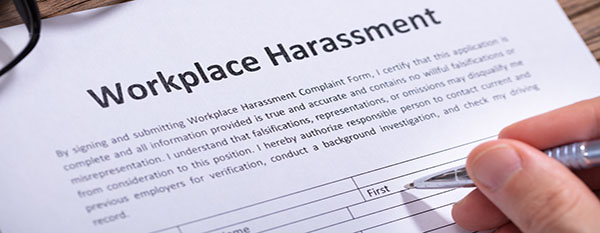On September 5, 2024, the EEOC reported that it saw a 28% jump in harassment charges during the last fiscal year, and the number of retaliation charges was the highest it had been in 31 years. While the cause of the increase is not clear, employers should be aware that vigilance, rather than complacency, when it comes to complaints of unlawful harassment and retaliation is in order. Two of the most recent lawsuits filed by the EEOC involve employers whose delayed or absent reactions to harassment complaints resulted in more harm to the complaining employee and could therefore lead to larger monetary settlement amounts or jury awards.
In EEOC v. United Airlines, Inc., which was filed in the U.S. District Court for the District of Colorado, the complaint alleges that United ignored a Mongolian employee’s complaint that his manager had harassed him with racial slurs and physical gestures for months. When the airline failed to investigate the complaint, the employee resigned. An attorney with the EEOC emphasized, “[E]mployers must act promptly in investigating harassment allegations and must immediately take steps to stop the harassment and take appropriate disciplinary and remedial actions, especially where the harassing incident involves both a racial slur and a physical assault.”
The EEOC also filed suit in the U.S. District Court for the Eastern District of Virginia in EEOC v. Epiq Food Hall Woodbridge, alleging that the employer had no complaint procedure or human resources department to properly receive and respond to employee complaints of race discrimination. The lawsuit alleges that the company’s owner used the n-word, told a Black general manager he “looked like he spoke thug language,” and called Black customers “riff-raff,” “not smart,” and “ghetto,” among other racially discriminatory comments and actions. The general manager resigned, having no human resources department to approach with his complaint.
These cases, as well as the spike in harassment charges filed with the EEOC, are a good reminder that no matter the merit of an employee’s complaint, employers must have a mechanism for receiving and promptly responding to employee concerns. If an investigation is warranted, it must be done promptly. Failure to put such procedures in place can lead to much bigger problems when the EEOC comes knocking.
Source: https://www.eeoc.gov/newsroom/eeoc-sues-three-employers-workplace-harassment

